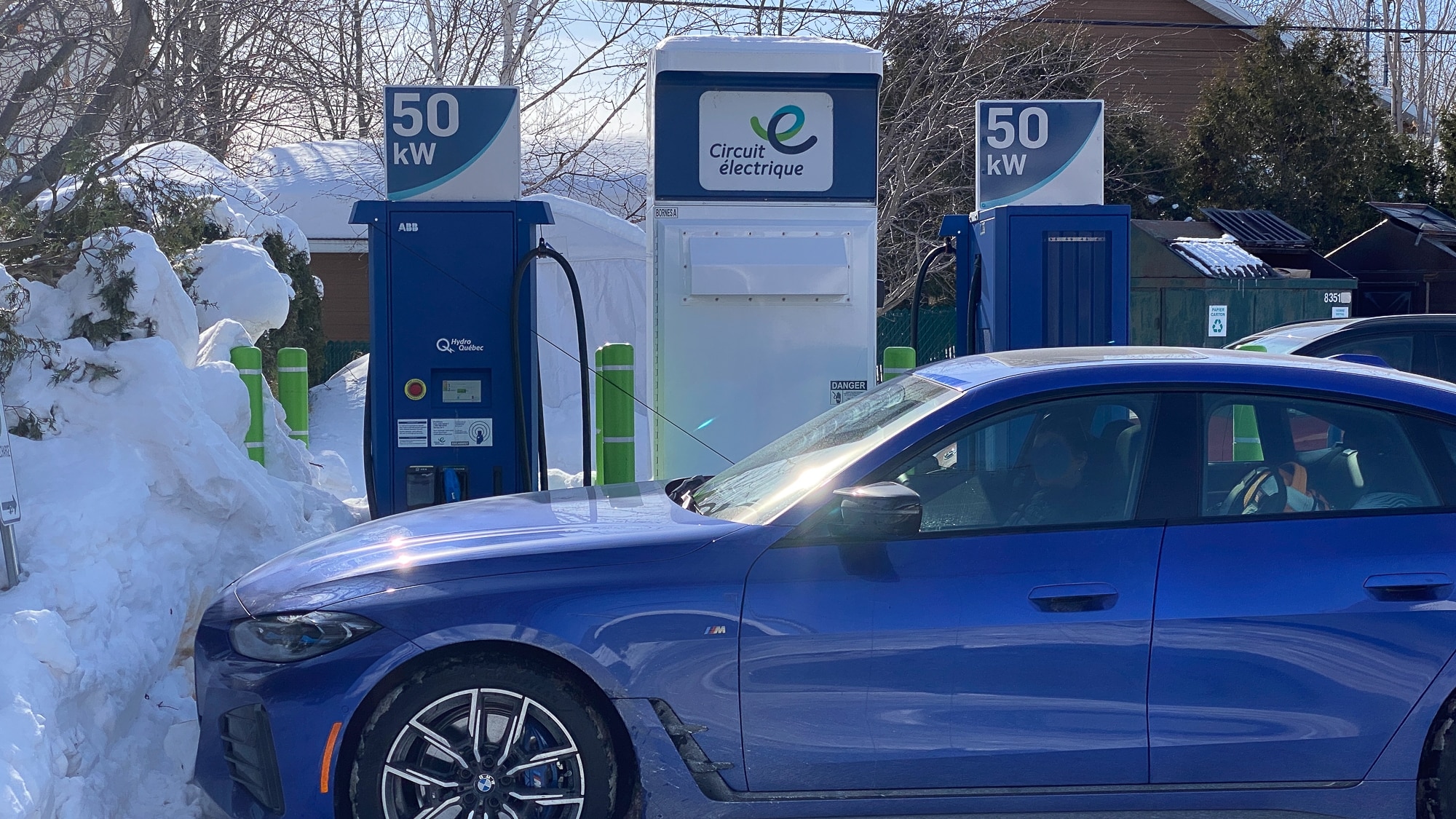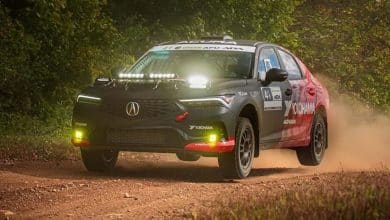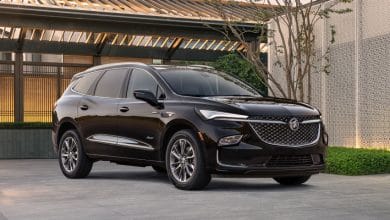As part of the federal government’s 2030 Emissions Reduction Plan, the Canada Infrastructure Bank (BIC) releases a budget of $500 million to stimulate private companies to take an interest in charging infrastructure and hydrogen refueling stations.
If, in Quebec, we are used to having a network of public terminals established as the Electric Circuit, the situation is much more complex in the rest of Canada. In fact, in several provinces of the country, charging infrastructure is almost non-existent. In total, Canada has only 22,000 charging stations and just six hydrogen refueling stations. This is significantly lower than the projected needs to support the adoption of zero-emission vehicles.
This CIB offensive aims to rectify Canada’s current charging infrastructure deficit while better aligning with its greenhouse gas (GHG) reduction goals. The objective is to add 50,000 new charging stations “in the short term”.

The program is only accessible by private companies, ie provinces and municipalities do not have access to it. A company wishing to start marketing charging stations can receive a cash advance representing up to 80% of its start-up costs if it succeeds in establishing a lucrative network within the first two years. If the project is completed in three years, 65% of the costs are covered. In the fourth year, 50% of the costs are covered.
The repayment of the loan is made only when the terminals begin to generate income. And if network adoption is greater than expected, an upward interest readjustment will be applied to the refund. On the other hand, a business that fails to generate earnings will see its monthly repayments reduced. The CIB expects loans that will extend over a period of 15 years.
“We clearly know that we take the risk of not being fully reimbursed if the adoption of electric vehicles does not go as planned” – testified Charles Todd, Director of Investments at the BIC.
According to what the BIC announces in its press release, several players in the private sector have already demonstrated their interest in this type of program and are enthusiastic about the idea of being able to tap into a booming business sector.

Conclusion
Such an offensive would certainly help boost the country’s charging infrastructure which, let’s face it, is currently in a pitiful state outside of Quebec, with the exception of British Columbia, which is doing very well chapter.
But before throwing money at spurring infrastructure growth, federal regulations must be implemented to ensure consistency in network pricing and maintenance.
As we have already reported in the past, one of the biggest irritants for electric motorists in Canada and the United States is the condition of the charging stations and their malfunctioning. Too often have we heard of a user who walks into a kiosk only to find it malfunctioning, or worse, unable to use it due to a poorly supported payment model.
In addition, users do not want to end up with several subscriptions to terminal companies. An umbrella that brings them all together, as the Electric Circuit currently does in Quebec, is essential if we want consumers to adopt the electric car with great fanfare.











